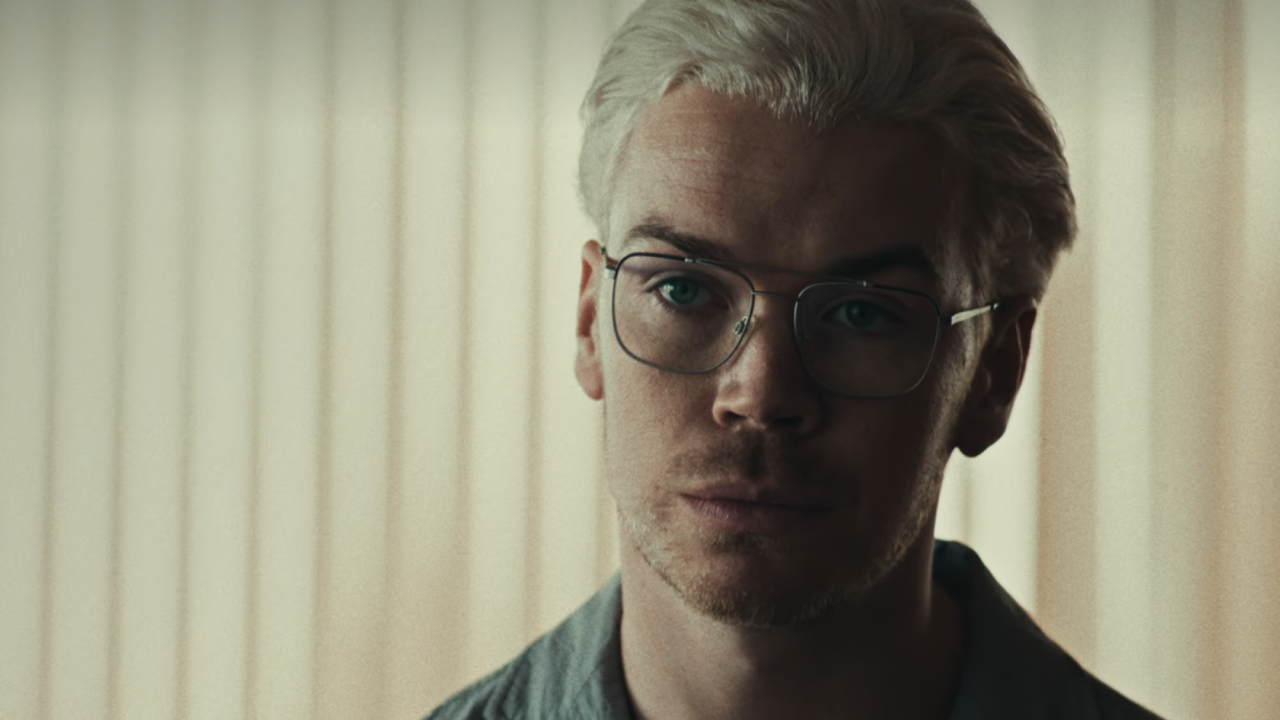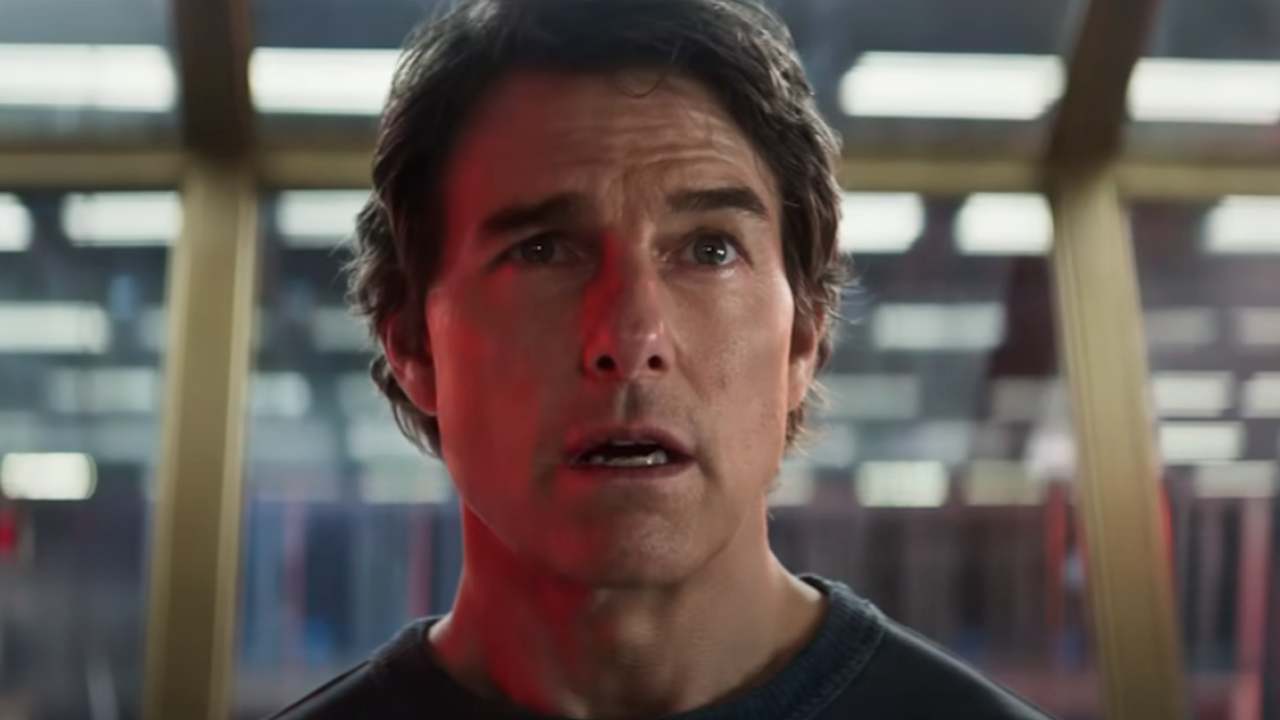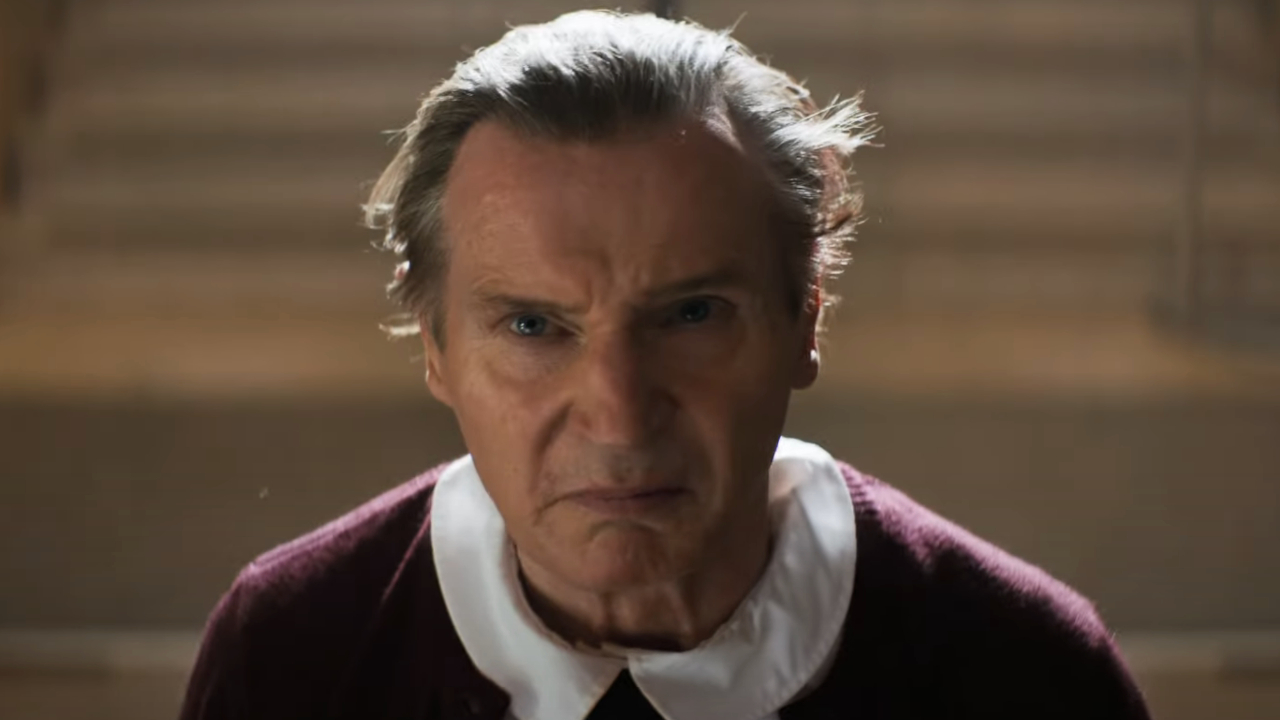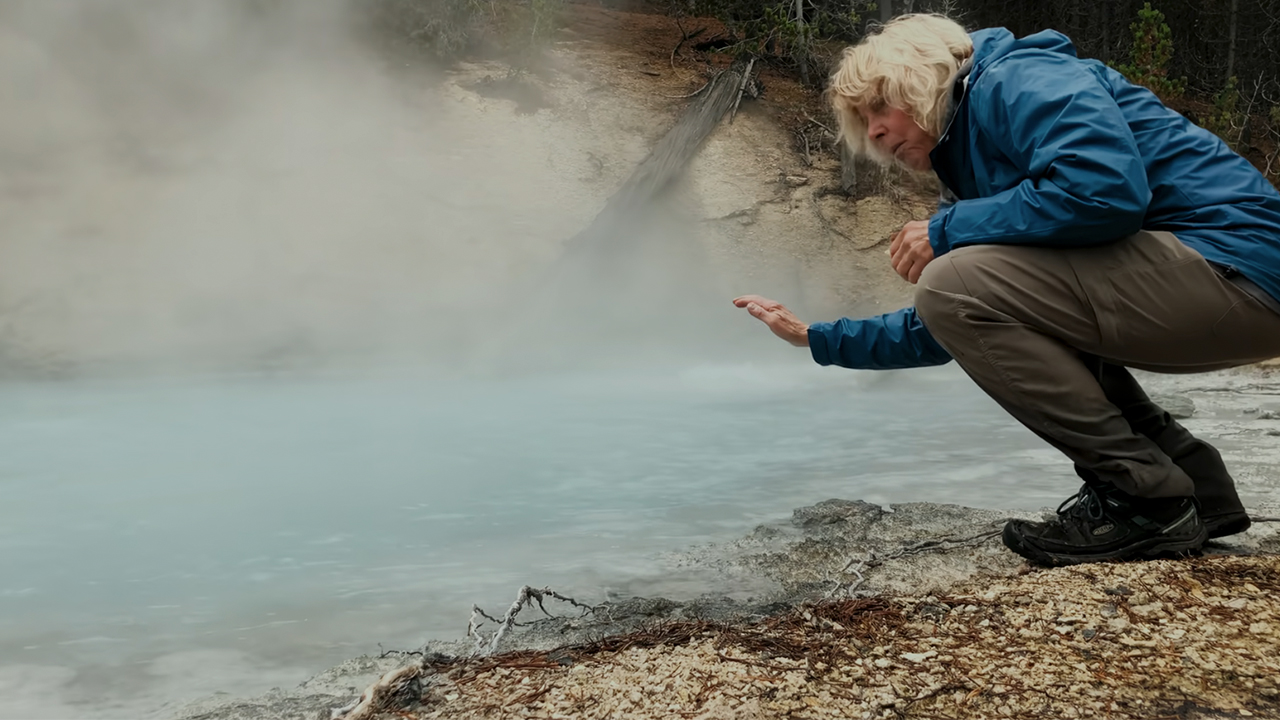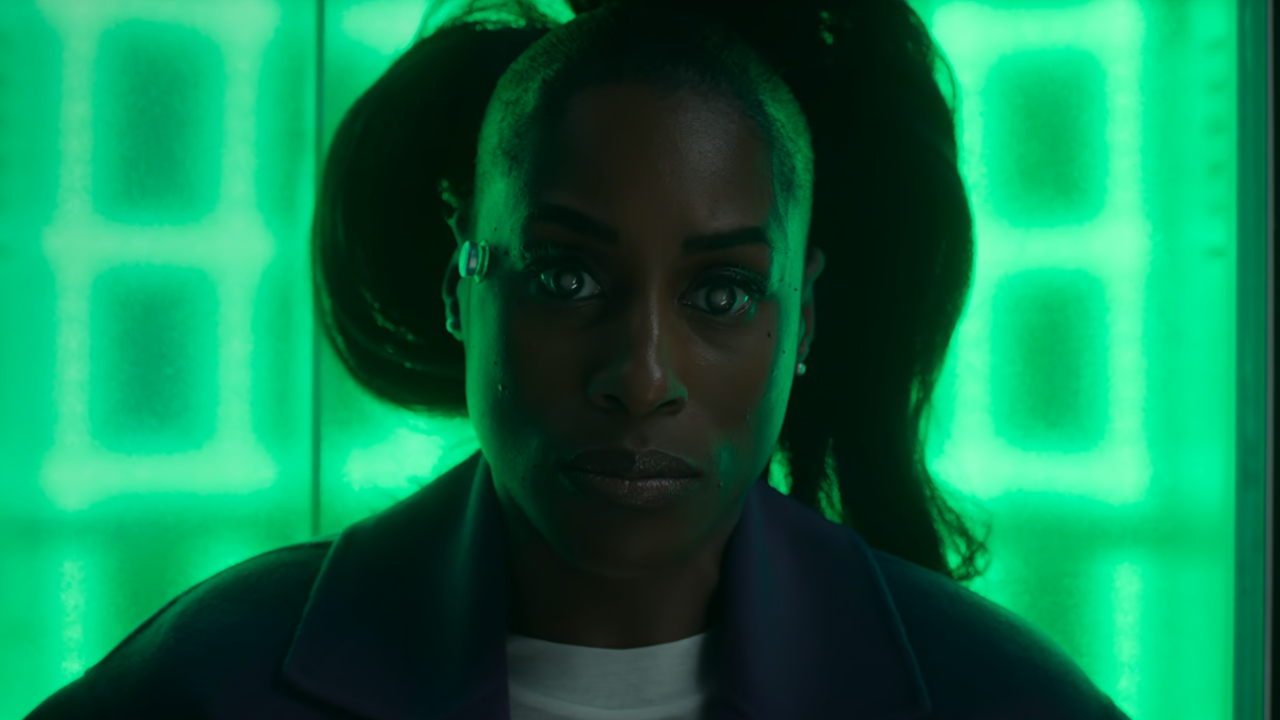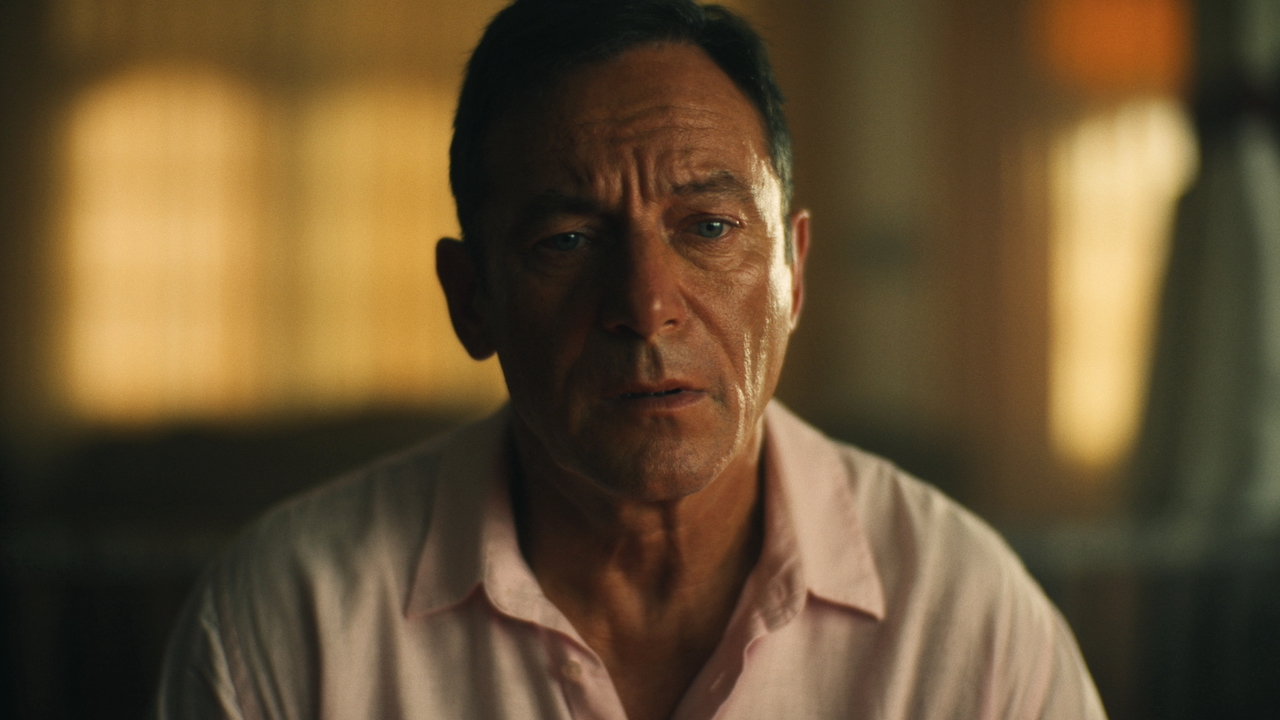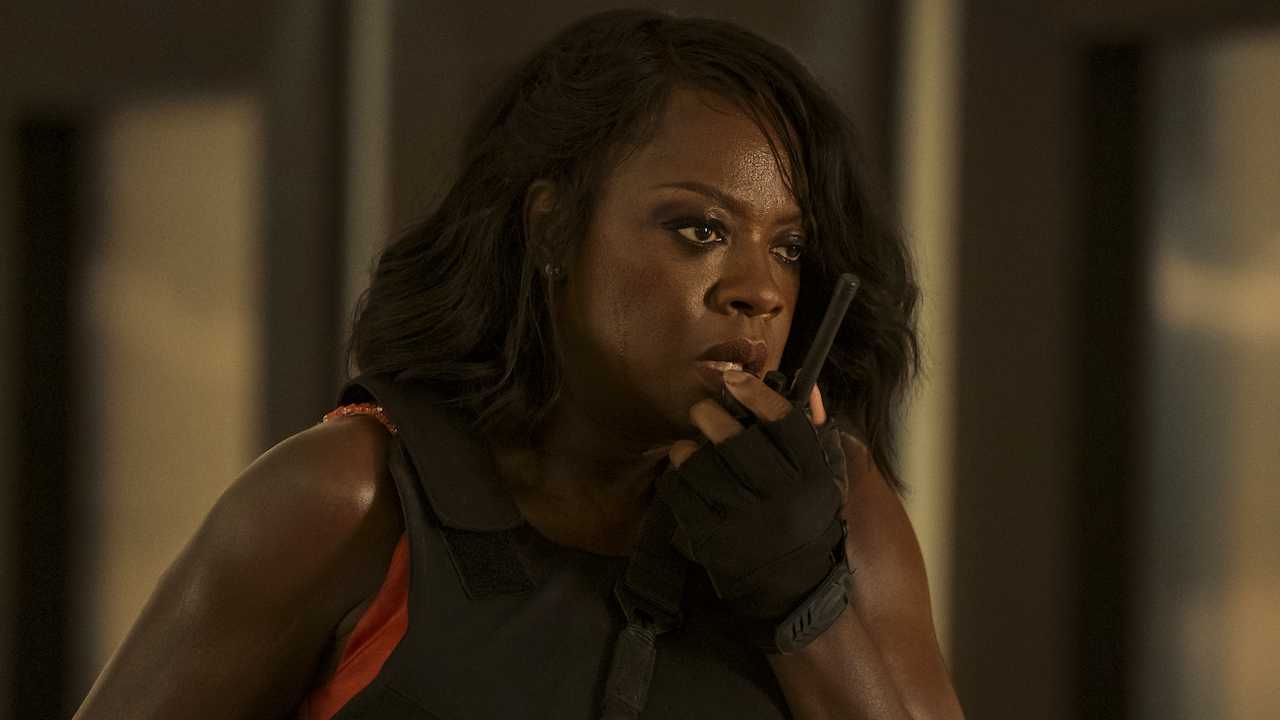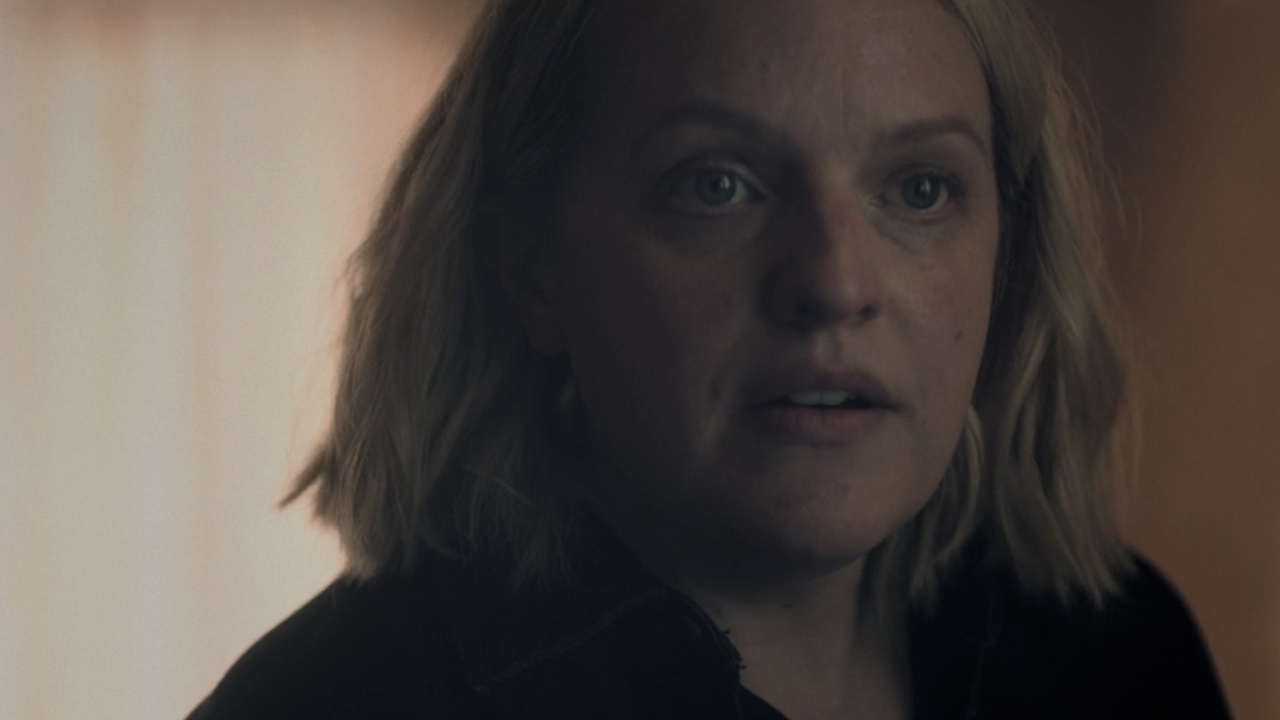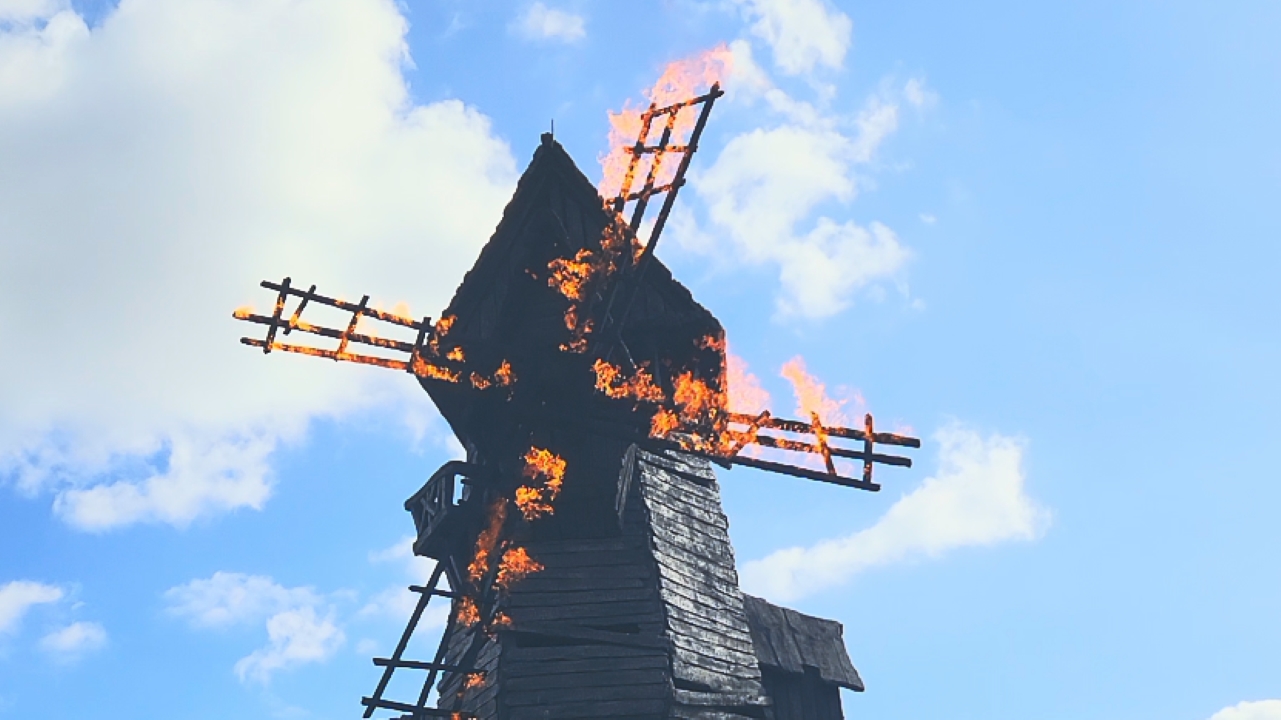21 Great '90s Movies That Got Bad Reviews
How could anyone dislike these?
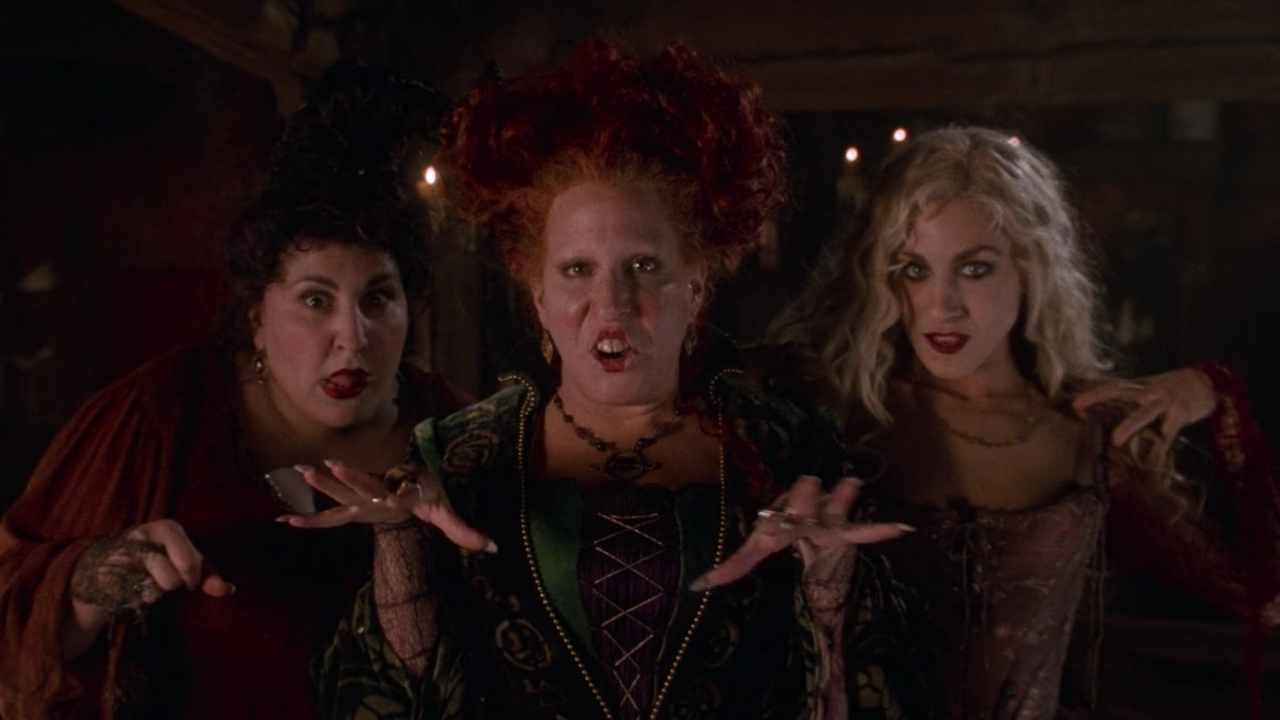
We live in polarizing times, with many claiming people are more divided than ever. I am, of course, referring to how movie critics and audiences often tend to disagree with each other over Hollywood’s biggest releases. However, this is really just the latest chapter in an ongoing debate that has existed almost as long as cinema itself and the 1990s alone is a decade full of essential examples.
It is fascinating to realize how many mainstream smash hits and beloved cult favorites were not treated by the professionals with as much respect upon release in the later years of the 20th Century. In fact we have a whopping 20 titles here that the general public considers to be great ‘90s movies despite not having received the most positive reviews.
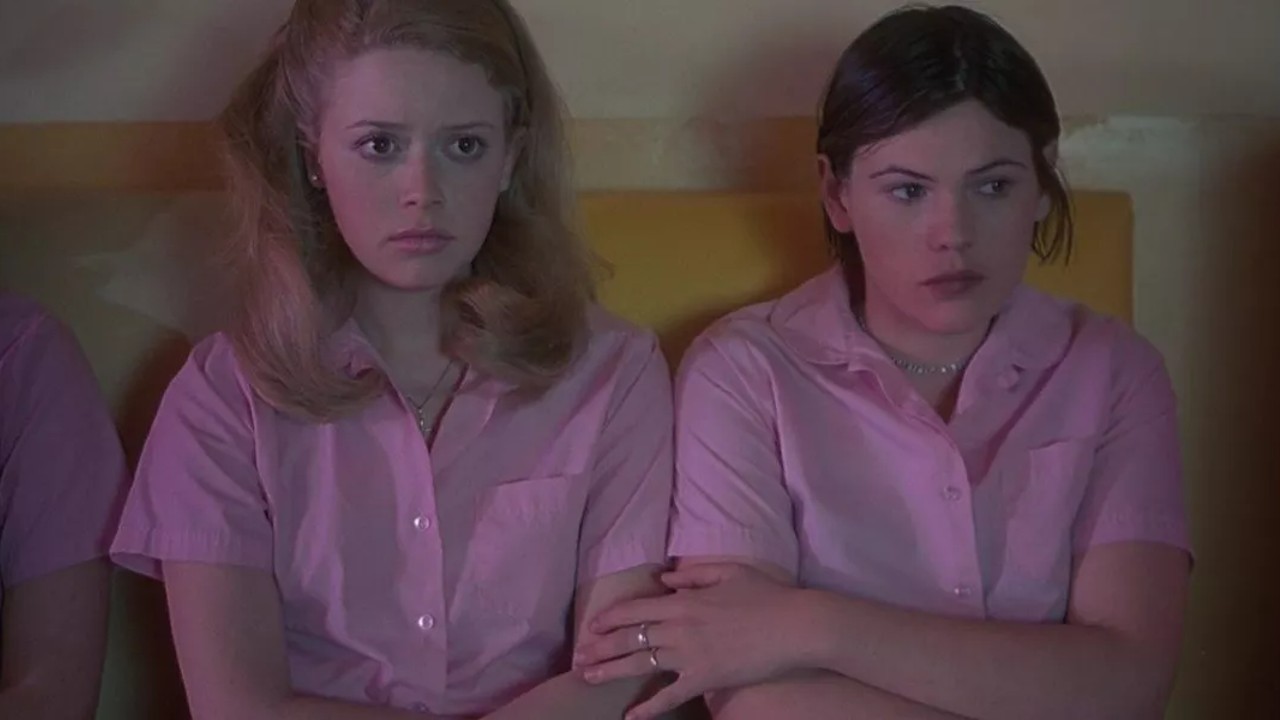
But I'm A Cheerleader (1999) - RT Score: 42%
Reviews by the likes of The Guardian's Peter Bradshaw -- who called the film "a heavy-handed and oddly lenient comedy" -- brought the Rotten Tomatoes score for But I'm A Cheerleader down to a 42%. However, Jamie Babbit's quirky satire -- starring Natasha Lyonne as a teen sent to a gay conversion camp -- is recognized today as one of the best LGBTQ+ rom-coms ever by fans who helped it achieve a 74% audience rating.
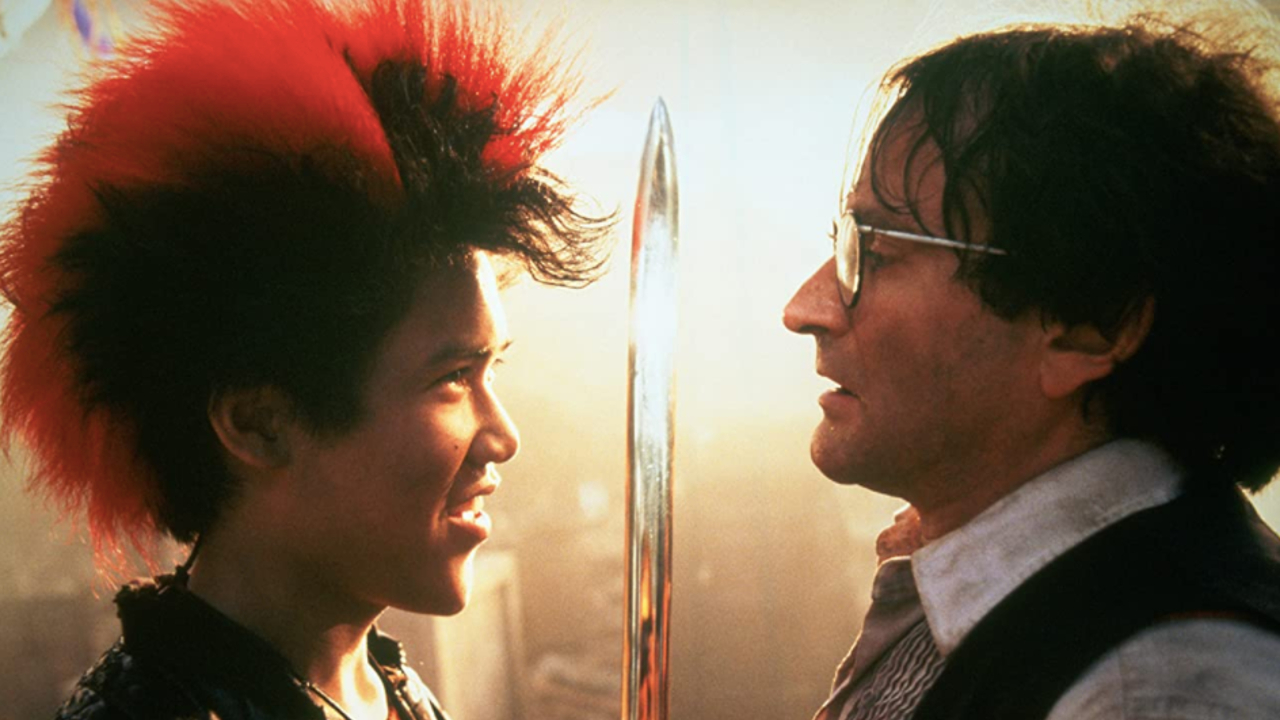
Hook (1991) - RT Score: 29%
This family film that imagines what would happen if Peter Pan grew up is considered one of director Steven Spielberg’s weakest efforts (even by the filmmaker himself) with many critics calling it too long, too uneven, and too overly sentimental to be taken seriously. Well, based on its ongoing cult following and the many fans who have come to its defense more recently, perhaps the critics might have benefitted from getting in touch with their inner child like Robin Williams’ Peter Banning did and be able to appreciate Hook as a fun, visually spectacular, swashbuckling adventure.
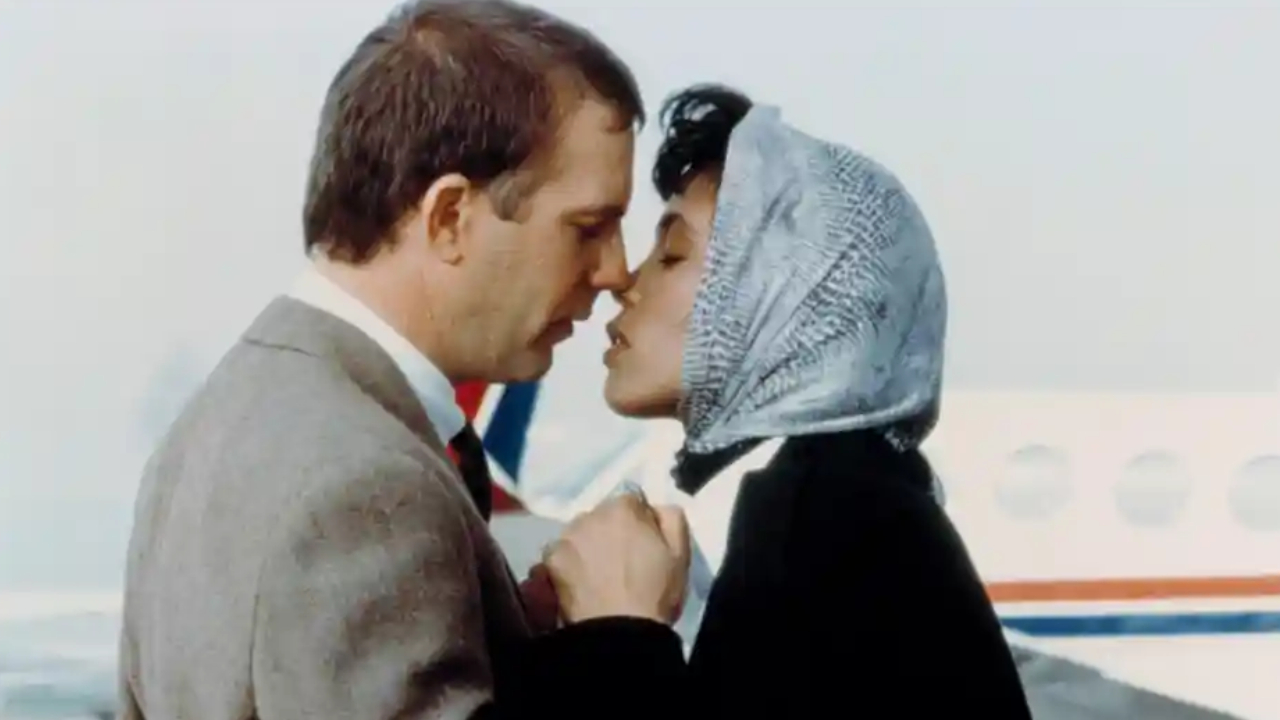
The Bodyguard (1992) - RT Score: 24%
Is The Bodyguard, which stars Kevin Costner as a former Secret Service agent assigned to protect R&B singer from her stalker, played by the late Whitney Houston - a cheesy and sometimes absurd melodrama as many critics would initially claim? Yeah, maybe. However, is this box office hit from writer Lawrence Kasdan and director Mick Jackson also a sweeping, irresistible romance with fun suspense and a record-breaking soundtrack that earned two Oscar nominations in the Original Song Category? Hell yes.
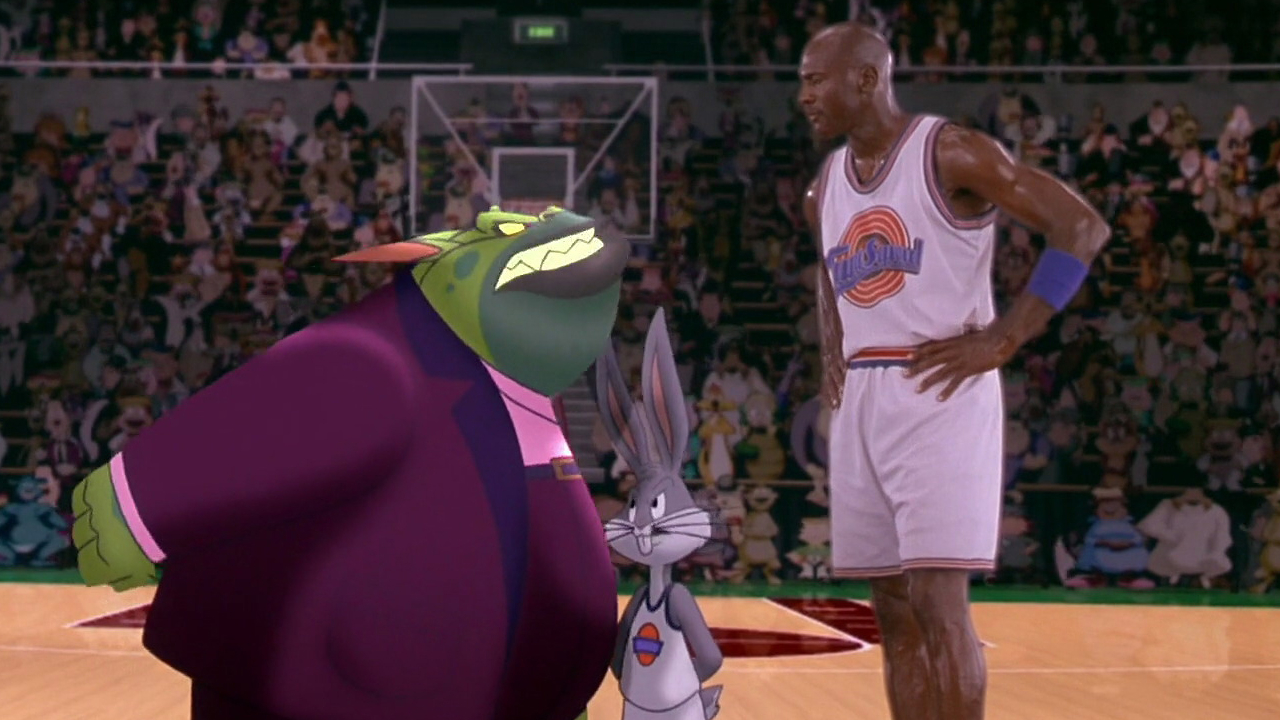
Space Jam (1996) - RT Score: 44%
Fans of the original Space Jam (particularly those who discovered it in their youth) are perfectly aware that this family-friendly blockbuster is not much more than a feature-length adaptation of a popular Nike Super Bowl ad starring Michael Jordan and Bugs Bunny and could not care less. They still enjoy this combination of sports with sci-fi and live-action with animation in which the Looney Tunes challenge power-hungry aliens to a high-stakes basketball game for its nonsensical, tongue-in-cheek lunacy that critics unfortunately found more annoying than endearing.
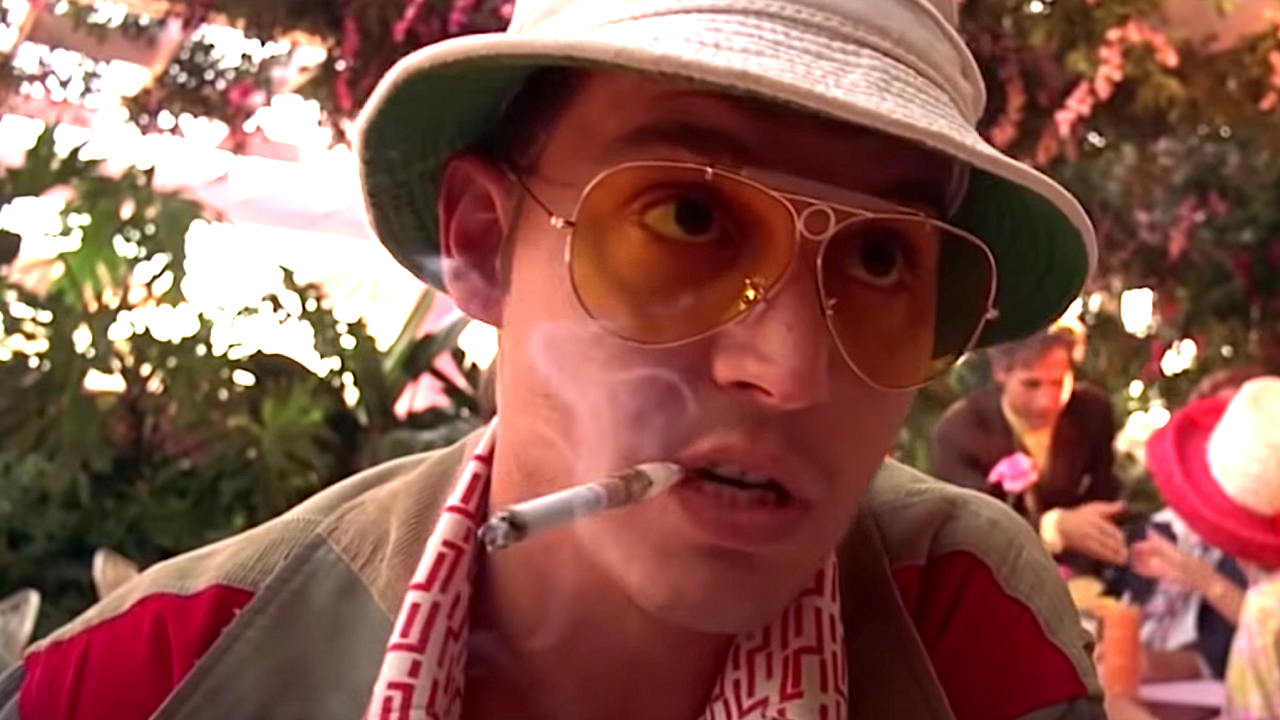
Fear And Loathing In Las Vegas (1998) - RT Score: 49%
The 49% Rotten Tomatoes score given to Terry Gilliam’s adaptation of gonzo journalist Hunter S. Thompson’s memoir is accredited to critics, such as Roger Ebert, feeling put-off and discomforted by it as an incoherent, drug-fueled, nightmarish trek through Sin City. They must not have realized that the point of Fear and Loathing in Las Vegas was to make the audience feel as if they are on an incoherent, drug-fueled, nightmarish trek through Sin City as seen through the eyes self-destructive hero - played by the late Thompson’s good friend, Johnny Depp. Of course, members of its cult following did realize and especially appreciate the surreal imagery.
CINEMABLEND NEWSLETTER
Your Daily Blend of Entertainment News
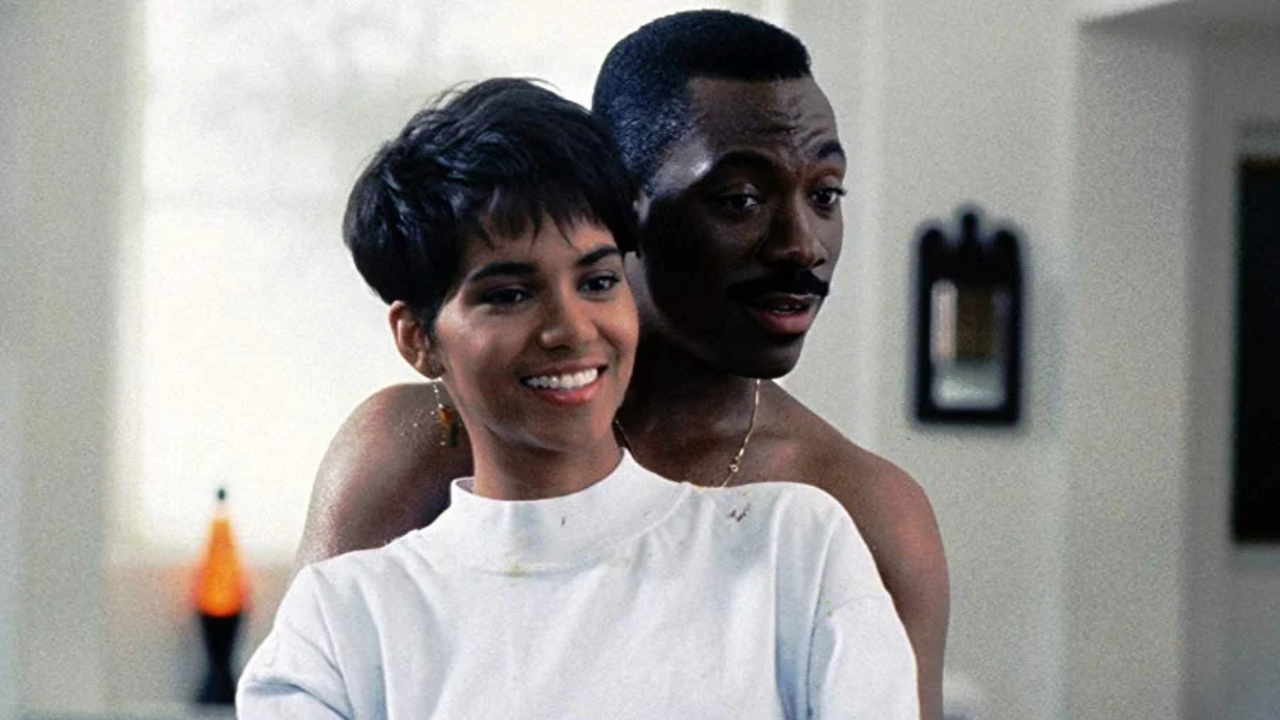
Boomerang (1992) - RT Score: 44%
After a long winning streak in the ‘80s, Eddie Murphy was decidedly hit-or-miss in the ‘90s, with critics believing this romantic comedy about a womanizer getting a taste of his own medicine fell under the latter category as an offensive and topically misguided failure. However, in retrospect, Boomerang is one of the actor’s more grown-up efforts (and one of the best Halle Berry movies, too) with a bold message about gender dynamics that is more relevant now than ever.
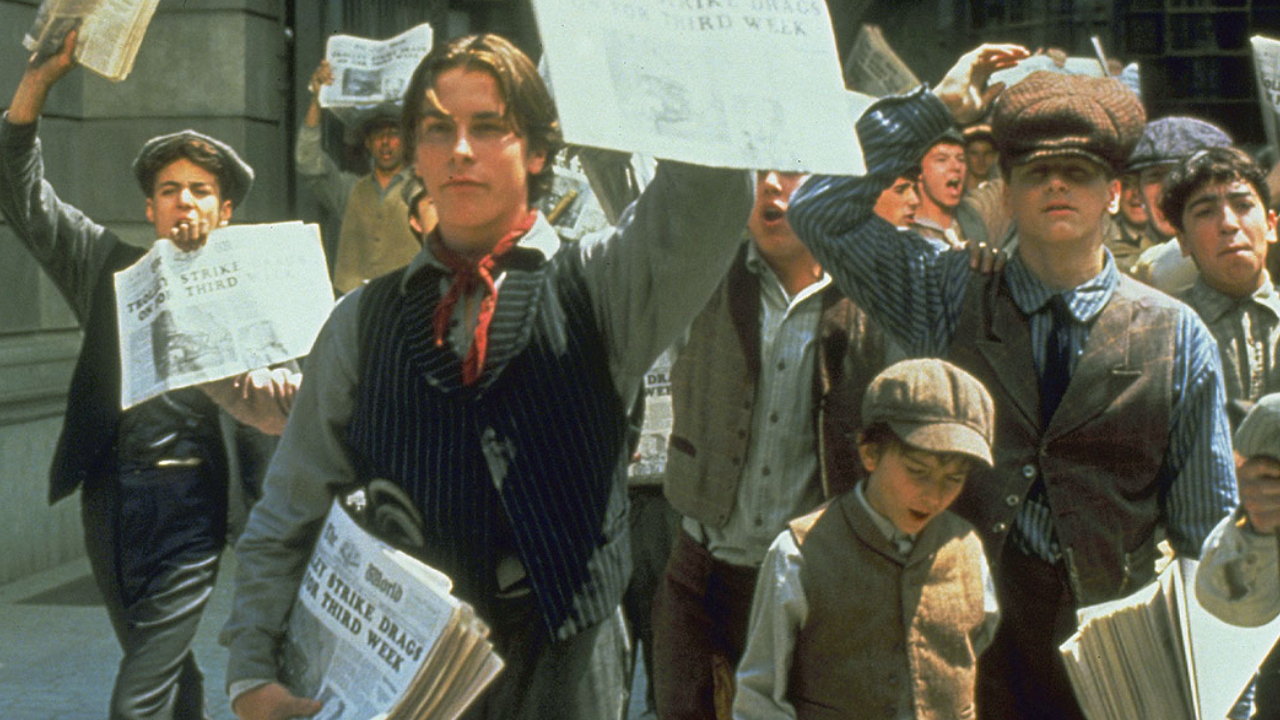
Newsies (1992) - RT Score: 38%
A young Christian Bale leads the cast of this high-energy dramatization of New York’s newsboy strike from 1899, which somehow left most critics at the time underwhelmed, and particularly for its musical numbers. Well, I hate to break the headlines to its haters, but Newsies - the feature-length debut of future High School Musical and Hocus Pocus director Kenny Ortega - has become one of Disney’s most beloved cult classics and would later spawn a hit Broadway stage adaptation that won two Tony Awards. Talk about “seizing the day,” huh?
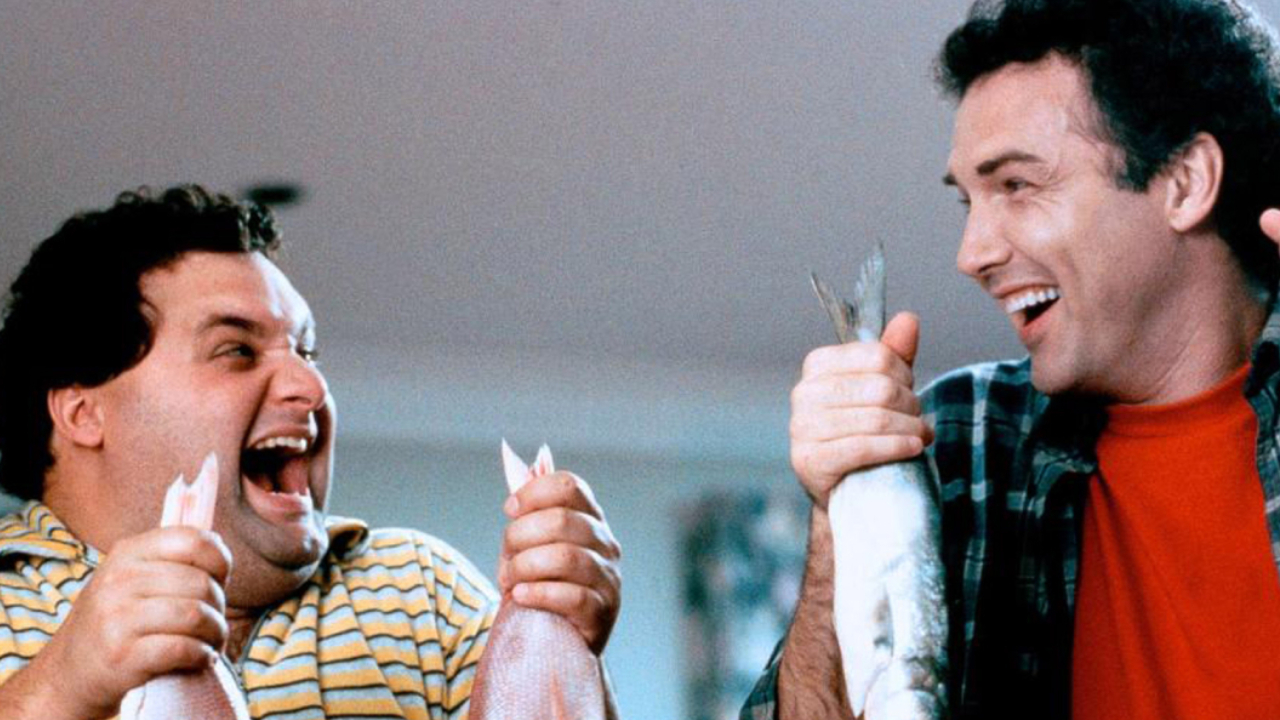
Dirty Work (1998) - RT Score: 14%
There are some movies that make you question if movie critics have a sense of humor or if they just miss the point of some of the comedies they review, which is simply to invoke to laughter. One such film is Dirty Work, the story of an adult slacker (the late Norm Macdonald) who decides to make a living off of his talent for bitter revenge in order to fund life-saving surgery for his best friend’s ailing father (Jack Warden), which critics did not find nearly as funny as its enduring cult fanbase did.
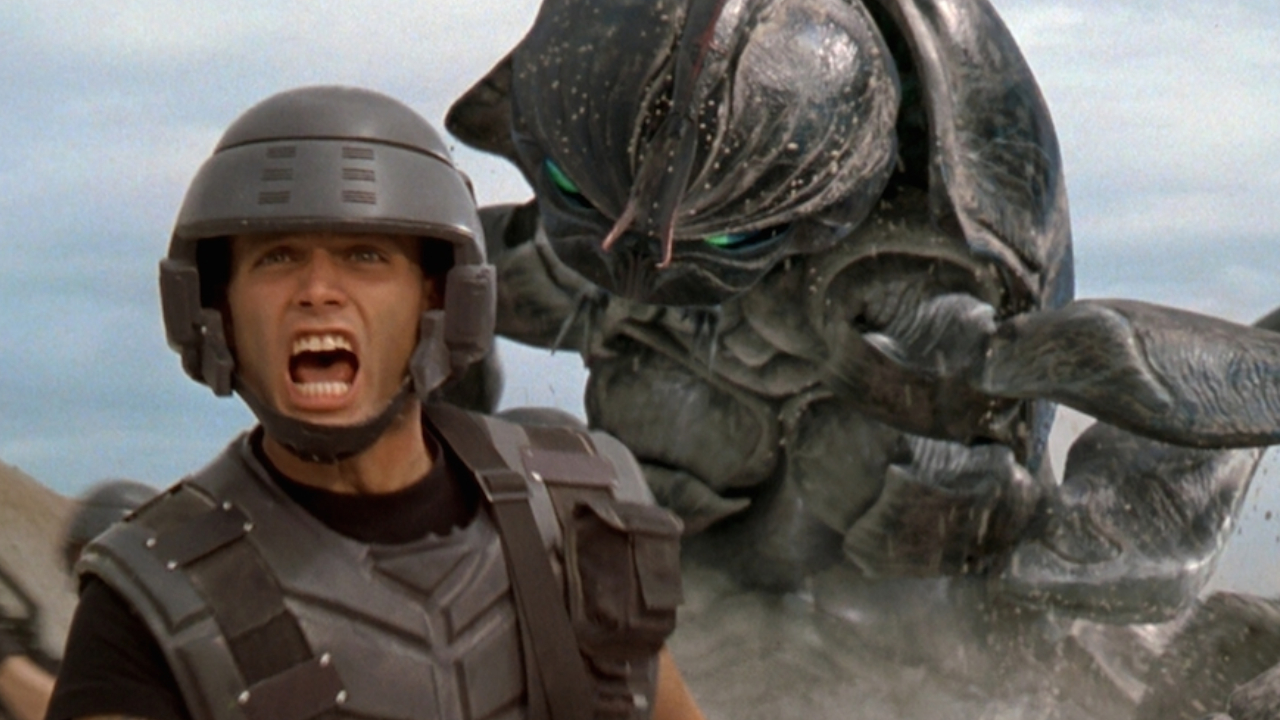
Starship Troopers (1997) - RT Score: 66%
Director Paul Verhoeven’s adaptation of Robert A. Heinlein’s novel has since gone down in history as one of the most criminally misunderstood films of all time with critics initially panning it as a mindless sci-fi B-movie with a pro-war agenda. What they did not realize was that the true intention of Starship Troopers - in which a star-studded cast of particularly attractive young people are forced to go to war against giant bugs from another planet - was to be an anti-fascist, futuristic satire in the style of a George Orwell tale, just with a lot more explosions and CGI aliens than you might expect.
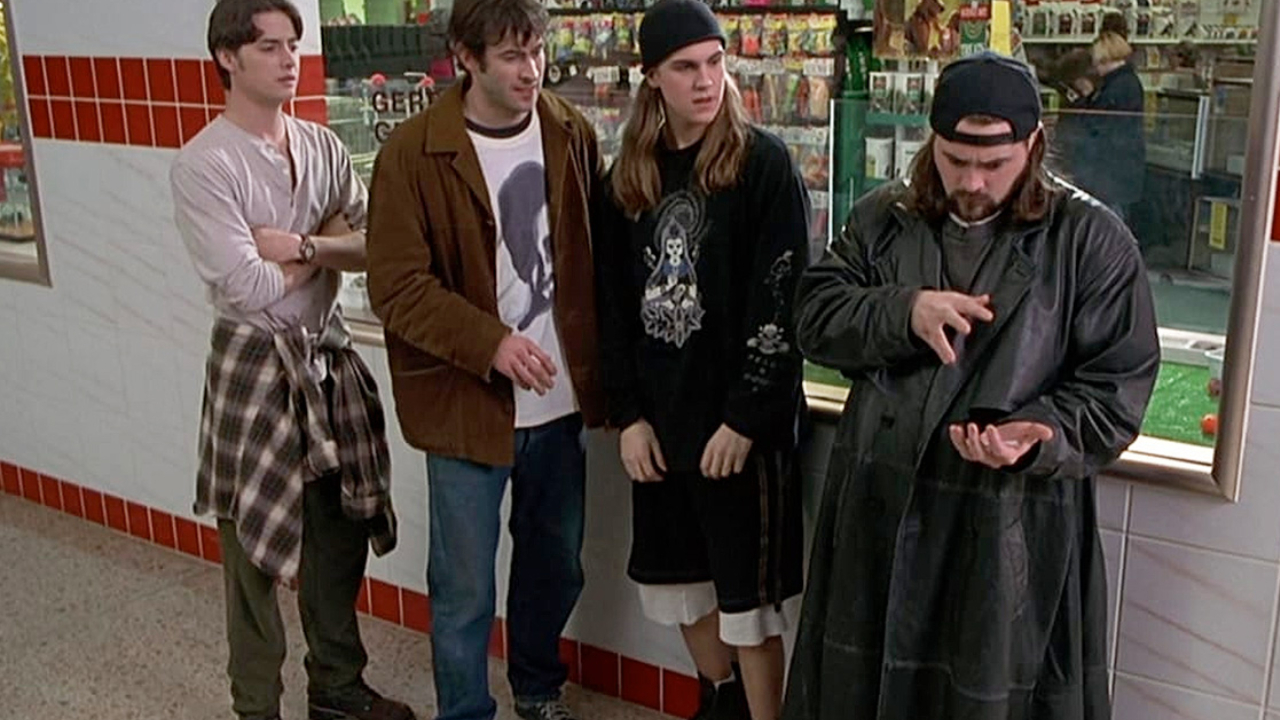
Mallrats (1995) - RT Score: 57%
I would at least agree that Mallrats is a bit of a step down from Kevin Smith’s groundbreaking debut, Clerks, as a far less realistic, more immature, and a bit raunchier representation of the filmmaker’s comedic style. However, I also believe the star-studded film, featuring a killer Stan Lee cameo, also highlights Smith’s talent for capturing an otherwise accurate portrayal of the era’s youth and its obsession with shopping centers.
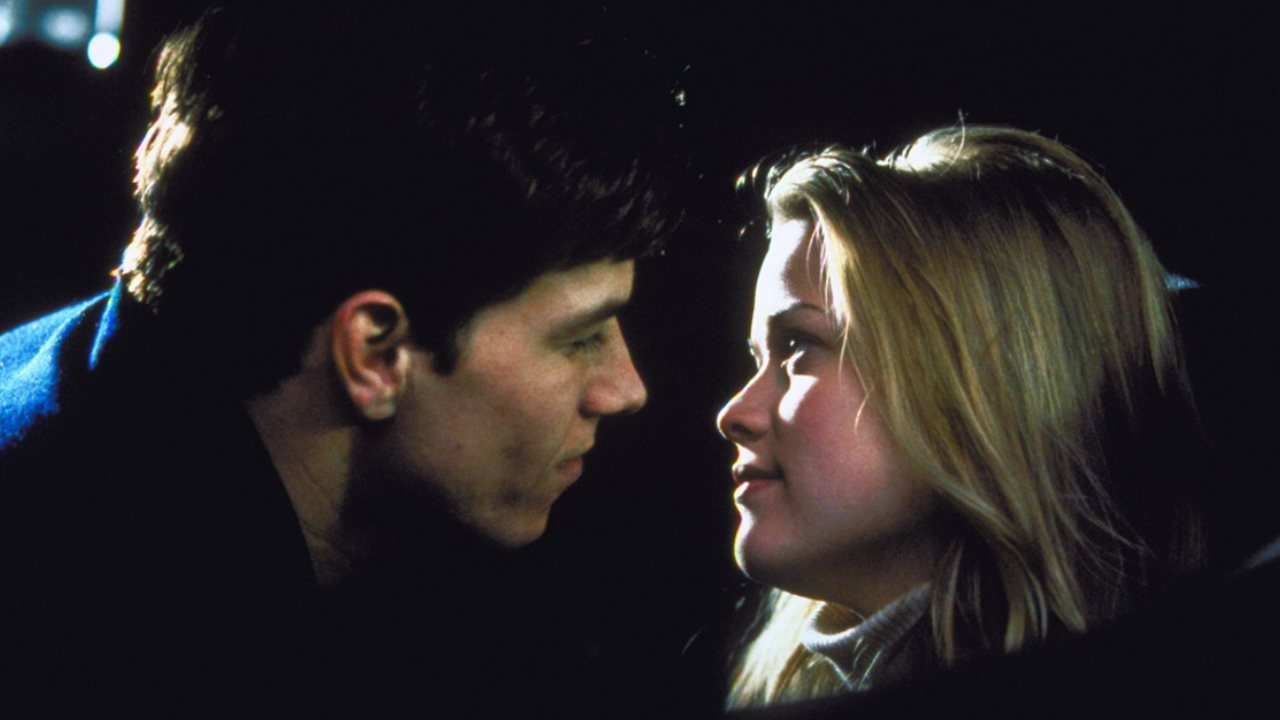
Fear (1996) - RT Score: 46%
Critics believed that Fear, from Glengarry Glen Ross director James Foley, was just another run-of-the-mill teen slasher (released before Scream rescued the genre from its slump) bogged down by an increasingly illogical storyline. Audiences, however, praise the performances by pre-Boogie Nights Mark Wahlberg as a charming, 23-year-old sociopath and Reese Witherspoon as his unassuming teen girlfriend and recognize it as an otherwise notable cautionary tale that might have earned a different reception today.
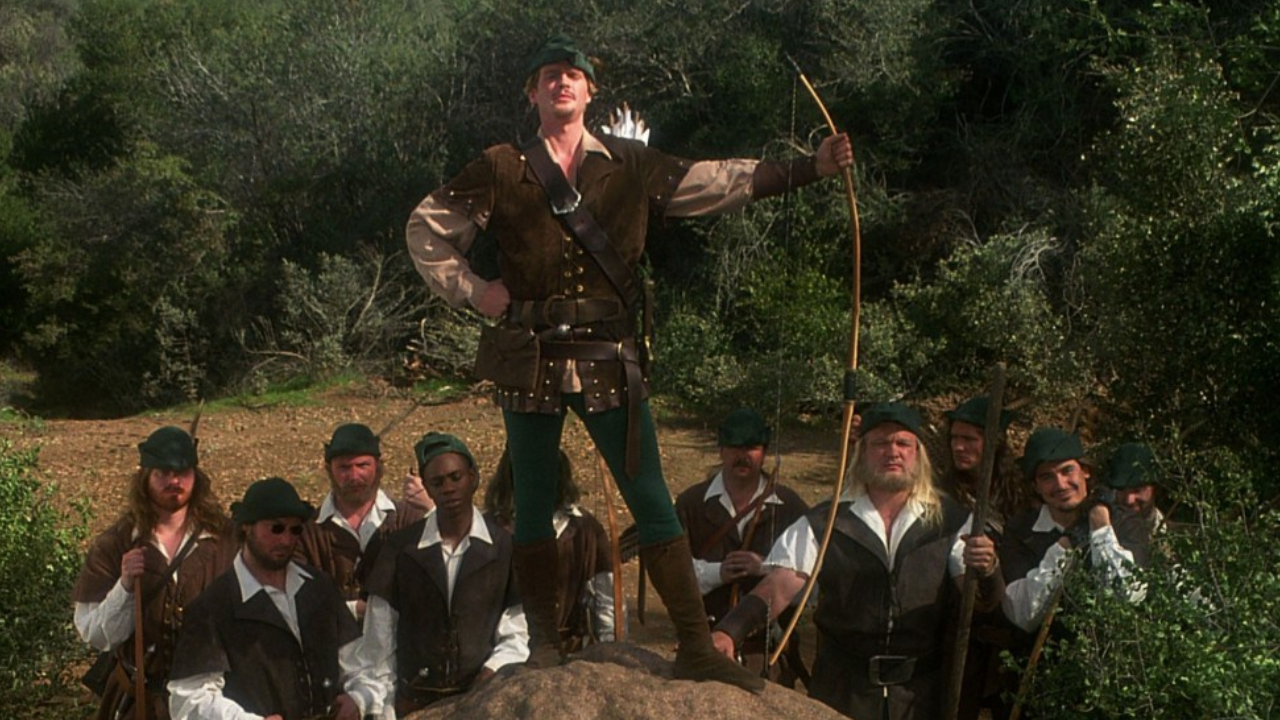
Robin Hood: Men In Tights (1993) - RT Score: 41%
Mel Brooks previously won over critics with risqué and thoroughly over-the-top parodies like Blazing Saddles and Young Frankenstein, which is why I am not sure what else they might have been expecting from Robin Hood: Men in Tights. This self-aware send-up of the classic outlaw story starring Cary Elwes as the title hero and Dave Chappelle in an early acting role sees the legendary comedy filmmaker go sillier than just about ever and audiences still cannot get enough of it.
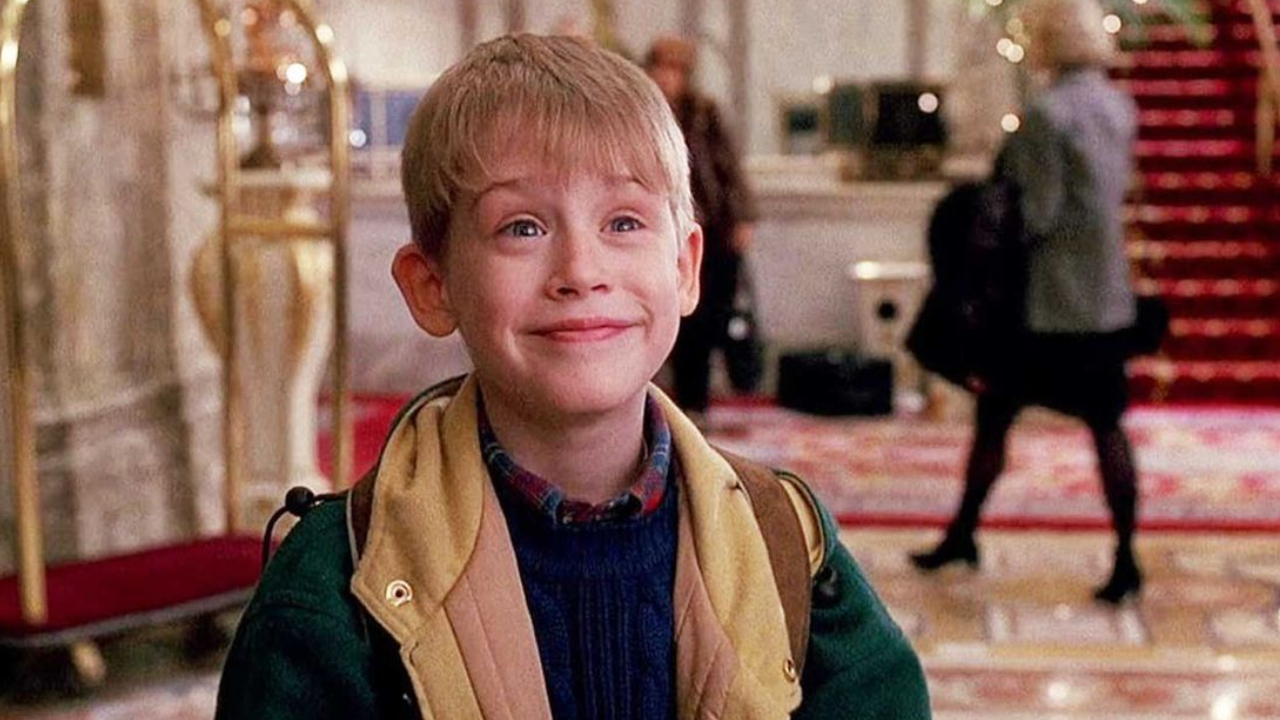
Home Alone 2: Lost In New York (1992) - RT Score: 35%
For the sequel to the 1990 smash hit Home Alone, writer John Hughes essentially took the same story - Macaulay Culkin’s young Kevin gets separated from his family and must defend himself against a pit of bumbling bandits (Joe Pesci and Daniel Stern) - and relocated it to Manhattan, which critics were quick to take notice of. Yeah, and so what? Home Alone 2: Lost in New York is still one of the funniest holiday comedy classics of all time no matter how similar it may be to the original. It is not even the first time a sequel was the structural twin of its predecessor, but one of the best examples of such.
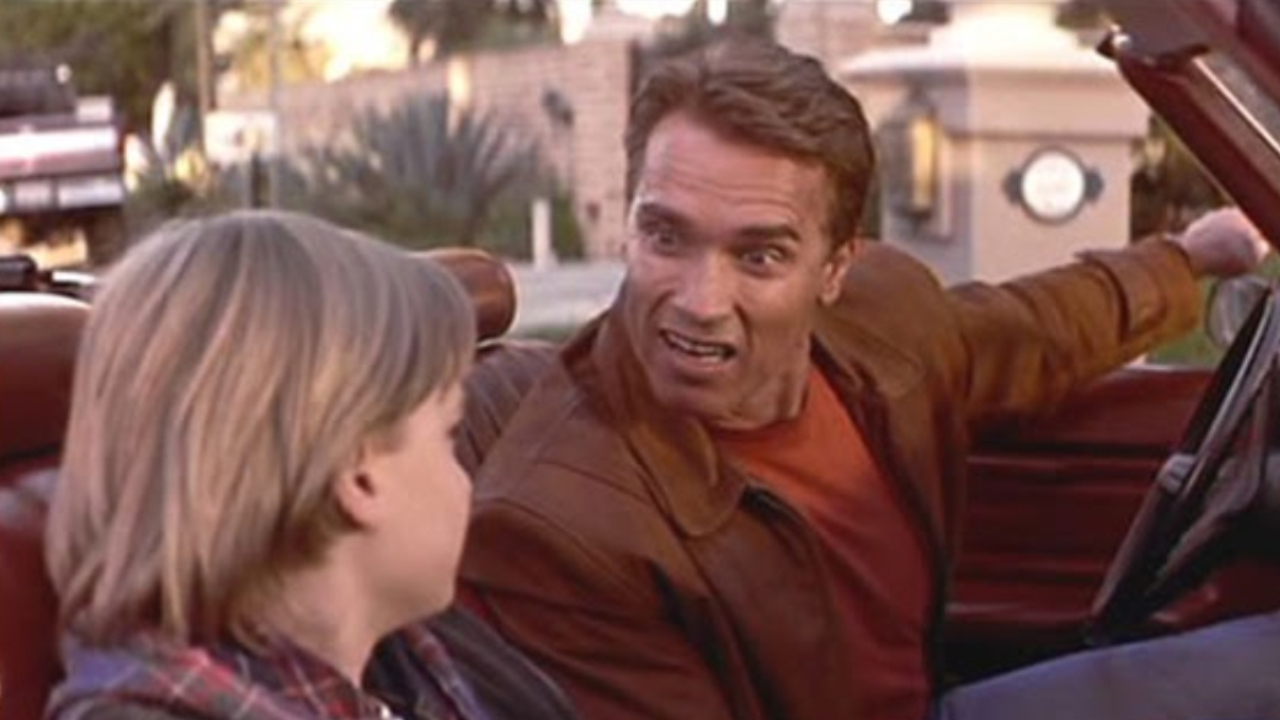
Last Action Hero (1993) - RT Score: 39%
Critics and audiences alike realized way too late what director John McTiernan and star Arnold Schwarzenegger were going for with this cheesy, cliche-ridden, action-packed romp about a young boy magically transported into his favorite movie star’s latest release. Poking fun at cheesy, cliche-ridden, action-packed blockbusters of the era was the point of Last Action Hero, which might be due for a reboot considering how dramatically the genre has evolved since.
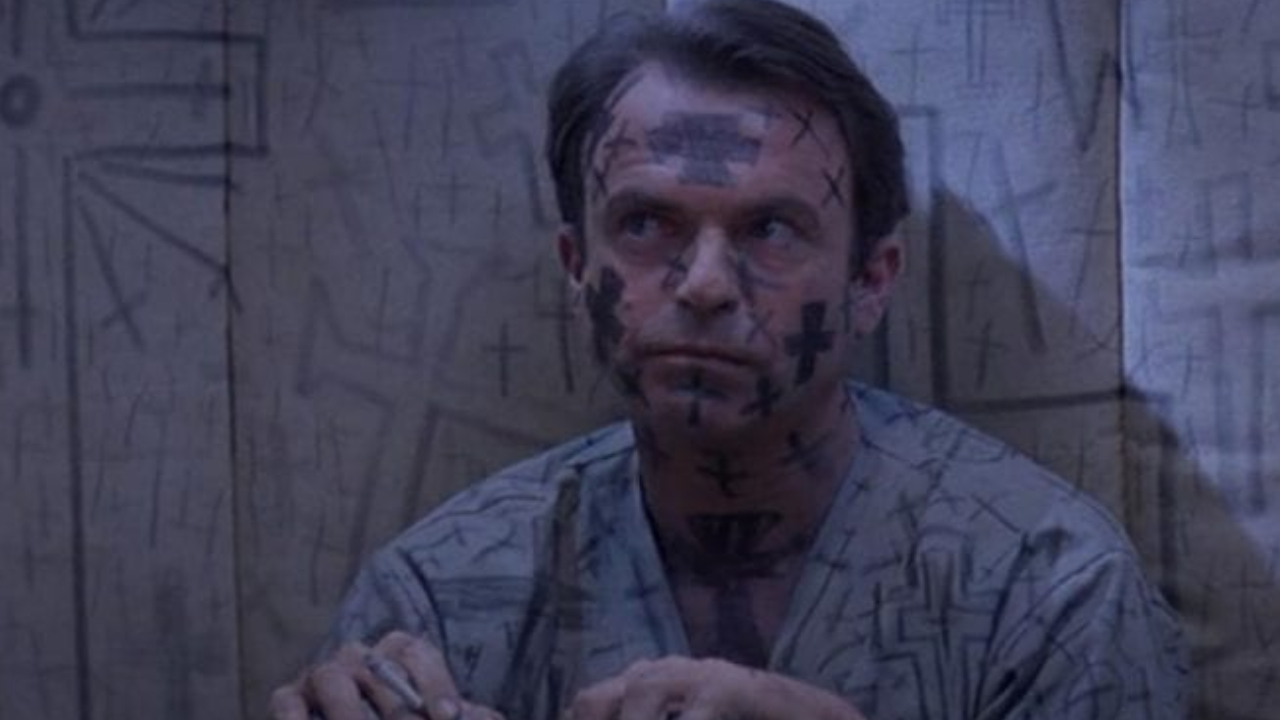
In The Mouth Of Madness (1995) - RT Score: 57%
Most critics believed that, overall, this bizarre, Lovecraftian mind-bender from director John Carpenter fell short of living up to its intriguing premise about an insurance investigator (Sam Neill) crossing paths with a Stephen King-esque writer whose work gives “influential” a whole new meaning. However, fans of the legend behind other classics like Halloween agree that In the Mouth of Madness is, sadly, one of his most underrated titles and a unique supernatural story on its own, too.
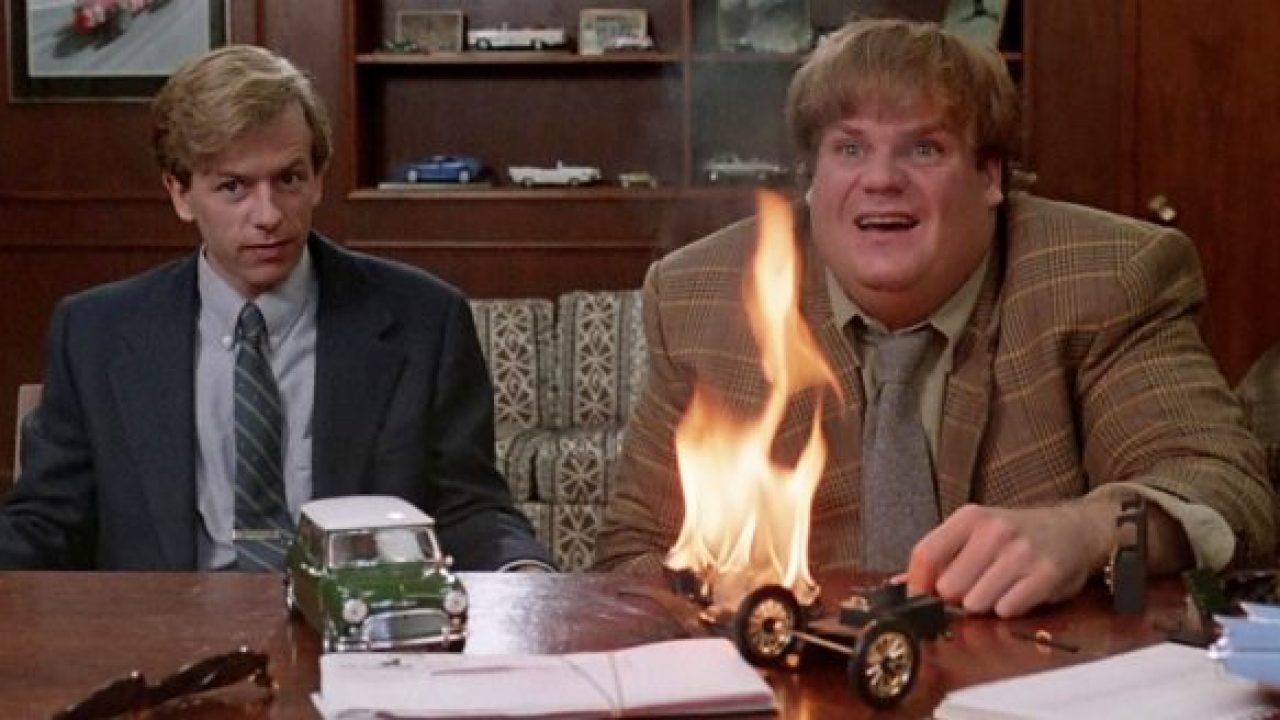
Tommy Boy (1995) - RT Score: 42%
Legendary critic Roger Ebert called Tommy Boy “an assembly of cliches and obligatory scenes from dozens of other movies, all are better.” With all due respect to my personal hero’s opinion, what those movies do not have, however, is the comedic tour de force that was Chris Farley and his impeccable chemistry with fellow SNL star David Spade. That dynamic duo is what propels this buddy flick to its deserved cult status.
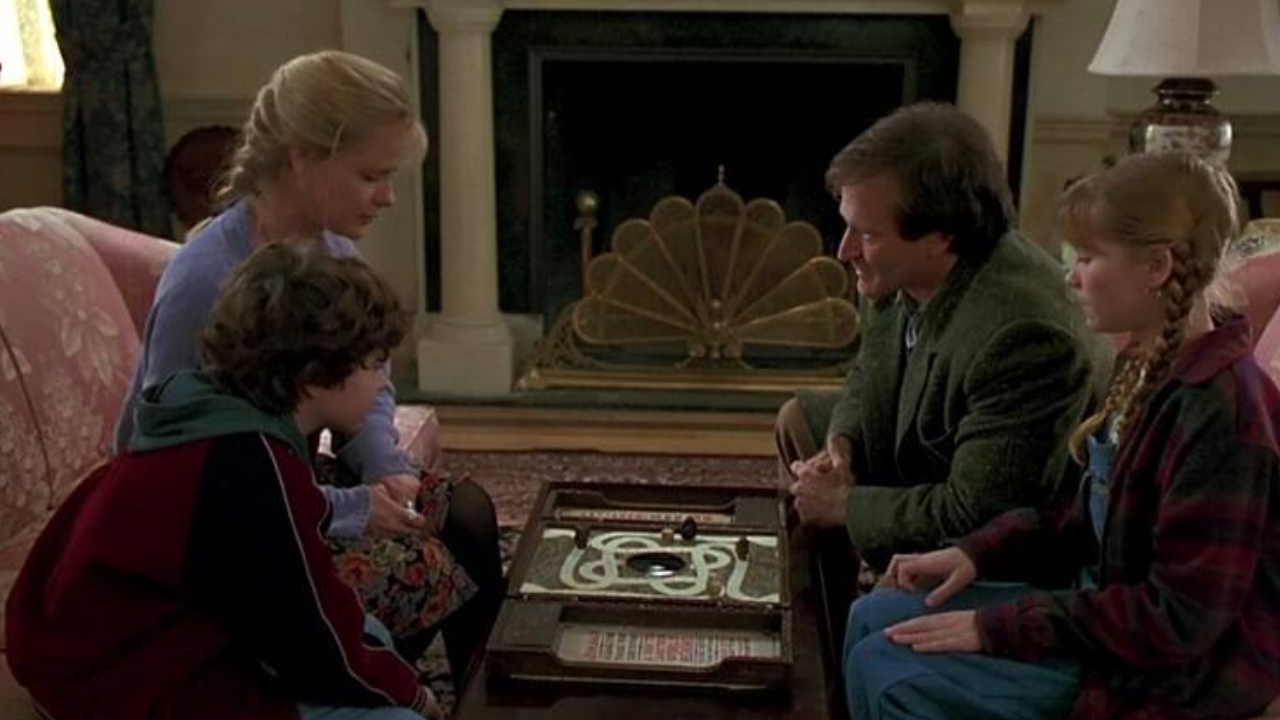
Jumanji (1995) - RT Score: 55%
Director Joe Johnston made Chris Van Allsburg’s children’s book about a truly wild, enchanted board game into a man vs. nature (or, super-nature, I should say) thriller that somehow got a PG rating. Many critics were not too pleased with its gloomy tone (as well as a few other things that don’t make much sense), but moviegoers of all ages were otherwise dazzled by Jumanji’s hair-raising thrills and Robin Williams’ lead performance.
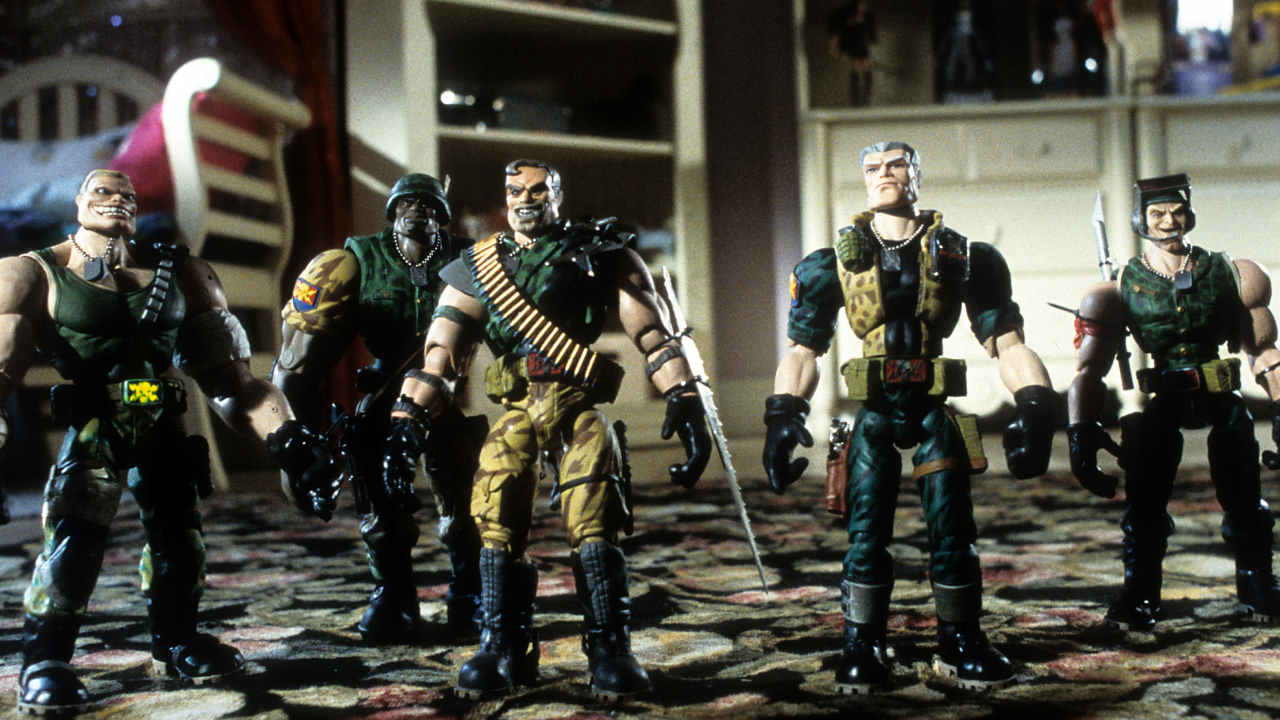
Small Soldiers (1998) - RT Score: 48%
Imagine if Toy Story was reimagined as an off-kilter and often creepy action thriller with a technophobic sci-fi twist, the result would, essentially, be Small Soldiers - a fun and inventive thriller starring a young Kirsten Dunst, the voice talents of Tommy Lee Jones and Frank Langella, and hunt might be the last great movie directed by Joe Dante. Most critics, however, would disagree with that opinion, having criticized the film about the violent rivalry between action figures brought to life by a military-grade AI for a mean-spirited story that is not as amusing as Stan Winston’s glorious special effects.
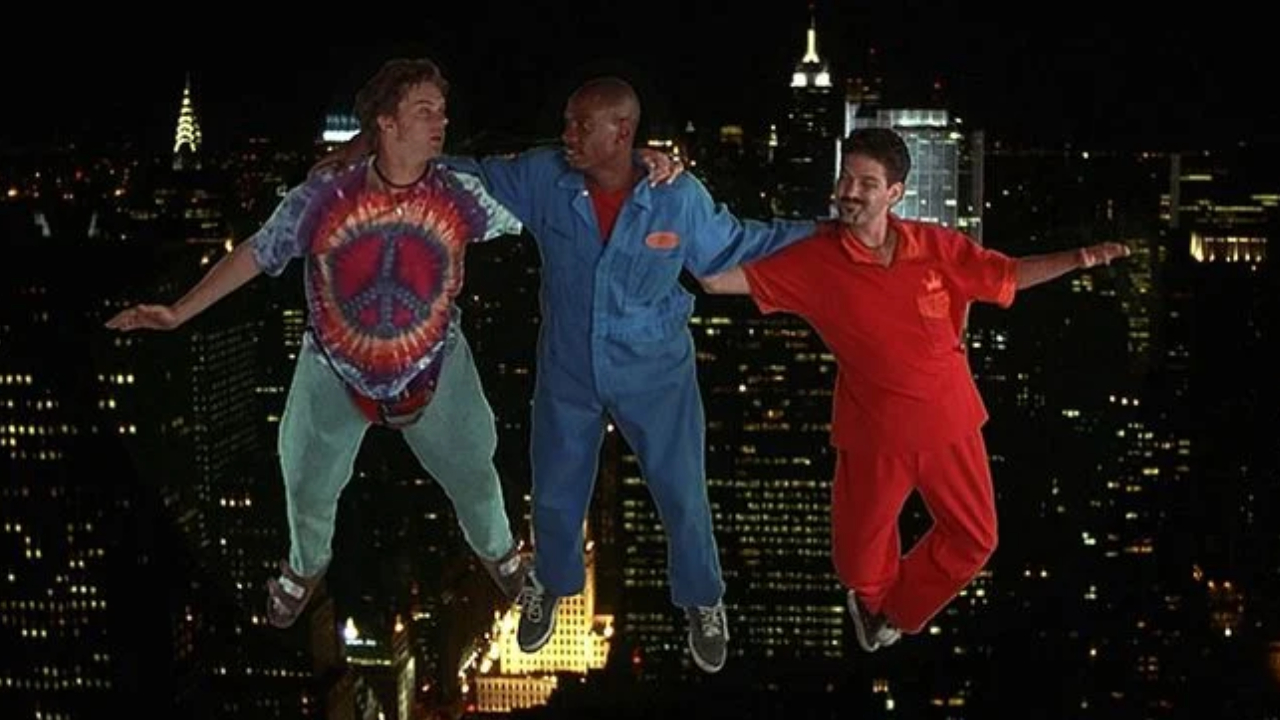
Half Baked (1998) - RT Score: 29%
The best stoner movies are made with the intention of entertaining a certain type of audience that would likely be in a particular state of mind while watching, which is why I wonder if critics should have gone into Half Baked under such circumstances. If so, they might have found more to appreciate in co-writer and star Dave Chappelle’s story about three slackers turning to weed dealing to get their friend out of jail instead of giving it such a hard time for being so… well, half baked.

Hocus Pocus (1993) - RT Score: 38%
As a huge fan of Halloween, I can easily understand why the fun, spooky classic, Hocus Pocus - in which an angsty teen (Omri Katz), his younger sister (Thora Birch), and new crush (Vinessa Shaw) awaken a trio of evil witches from a long slumber - has gained such a loyal cult following and inspired a Disney+ exclusive sequel. Critics, however, cannot seem to understand, perceiving it as a bland, unfocused family adventure that its scenery-chewing, leading witchy women (Bette Midler, Sarah Jessica Parker, and Kathy Najimy) could not save.
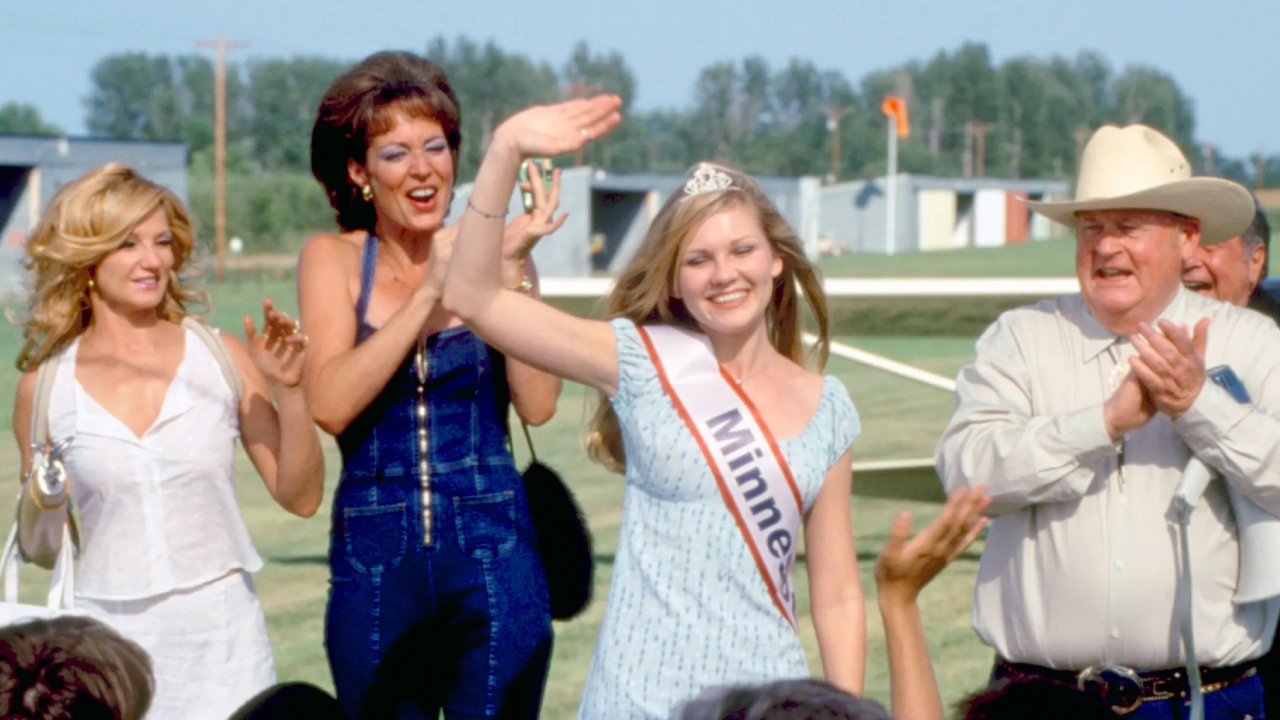
Drop Dead Gorgeous (1999) - RT Score: 46%
Critics were not fond of the mean-spirited tone of Drop Dead Gorgeous, which follows the intense rivalry between a pair of young beauty queens (Kirsten Dunst and Denise Richards). Well, why shouldn’t a dark comedy commenting on the mean-spirited nature of beauty competitions from behind the scenes have a mean-spirited tone?
Who is there to truly say which one is wrong when it comes to these essential ‘90s movies: the critics or the average moviegoers? While the ongoing war between professional opinion and the general public does make for intriguing conversation, at the end of the day, all that matters is how the individual viewer feels. Do you or do you not think these ‘90s movies deserved the critiques they received?

Jason Wiese writes feature stories for CinemaBlend. His occupation results from years dreaming of a filmmaking career, settling on a "professional film fan" career, studying journalism at Lindenwood University in St. Charles, MO (where he served as Culture Editor for its student-run print and online publications), and a brief stint of reviewing movies for fun. He would later continue that side-hustle of film criticism on TikTok (@wiesewisdom), where he posts videos on a semi-weekly basis. Look for his name in almost any article about Batman.

